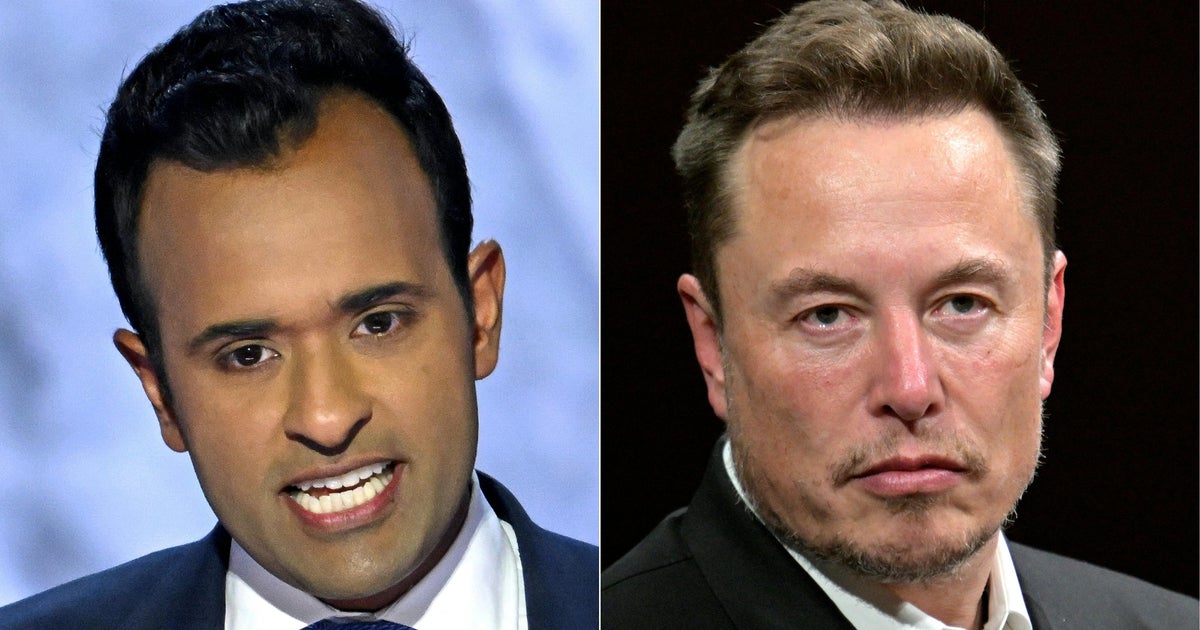Government says Michael Cohen went back to prison because he was "defiant" toward officers
The probation officer who would have been responsible for Michael Cohen's supervision while on home confinement said in a court filing Wednesday that Cohen was "combative" during the July 9 meeting that landed the president's former personal attorney back in prison.
Cohen sued this week to be released back to home confinement, arguing he was retaliated against for writing a book that would be critical of President Trump.
But attorneys for the government said Wednesday that Cohen's resistance to the terms of home confinement was the reason he was sent back to Otisville Federal Correctional Institution, which is located about 70 miles outside of New York City.
"During the meeting with probation officers, [Cohen] took issue with nearly every provision in the agreement relating to the terms and conditions of his home confinement," the filing says. "Rather, Petitioner was remanded to FCI Otisville because of his defiant behavior during his meeting at the Probation Office on July 9, 2020, which included objecting to nearly every term and condition of the FLM [Federal Location Monitoring] Agreement that the Probation Officers presented to him."
The agreement that Cohen was asked to sign included restrictions on his writing and public appearances: "No engagement of any kind with the media, including print, tv, film, books, or any other form of media/news," the agreement reads.
The officer who drafted Cohen's home confinement agreement, Adam Pakula, said he based the agreement on a sample obtained from a colleague with experience supervising high-profile inmates, and that he wasn't aware Cohen was writing a book. Pakula detailed several of the objections Cohen raised regarding conditions he would have to abide by while serving his sentence from home.
"While I was aware that Cohen was a high-profile inmate, at the time I drafted the FLM Agreement I was not aware that Cohen was writing a book. I drafted the FLM Agreement without input from the BOP or anyone in the executive branch," Pakula said in an accompanying declaration.
The court filing also said that Cohen is "free to work on his book while incarcerated."
Cohen's lawsuit had said that he was being held in solitary confinement. The government's court filing said he was in a 14-day quarantine standard for all new inmates, which is meant to protect other inmates from potential infection. The filing said two of 63 inmates are considered "active COVID-19 cases."
The government's court filing noted that Cohen had been spotted dining out at Manhattan restaurants, and said while that was not a factor in his return to prison, it did undercut Cohen's argument that he was concerned about his health.
In December 2018, Cohen was sentenced to three years for financial and campaign finance crimes and lying to Congress about his involvement in an effort to build a "Trump Tower" in Moscow during the 2016 campaign.



